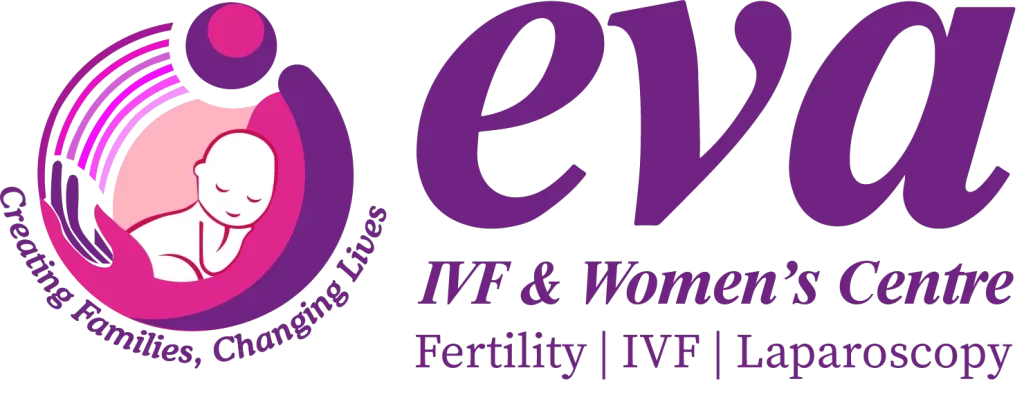Natural Conception With Low AMH Levels
How do AMH Levels Affect Conception?
Anti-Müllerian Hormone (AMH) is a hormone produced by cells in ovarian follicles. It plays a
role in ovarian follicular development and is often used as a marker of ovarian reserve,
which refers to the number and quality of a woman’s eggs. Here’s how AMH levels can
affect conception:
- Ovarian Reserve:
Higher levels of AMH generally indicate a larger ovarian reserve, meaning there are
more eggs available for fertilization. Conversely, lower levels of AMH may indicate a
diminished ovarian reserve, which can make conception more difficult.
- Predicting Fertility:
Doctors often measure AMH levels to help predict a woman’s fertility potential.
While high AMH levels suggest good ovarian reserve and potential for conception,
low levels may indicate a reduced ability to conceive, especially as a woman ages.
- Response to Ovarian Stimulation:
In assisted reproductive techniques such as in vitro fertilization (IVF), AMH levels are
used to predict a woman’s response to ovarian stimulation. Women with higher
AMH levels tend to respond better to ovarian stimulation medications and produce
more eggs during an IVF cycle, which can increase the chances of conception.
- Age-related Decline:
As women age, their ovarian reserve naturally declines, leading to lower AMH levels.
This decline in ovarian reserve can make it more challenging to conceive, particularly
after the age of 35.
- Infertility Evaluation:
Low AMH levels may be indicative of infertility issues. If a woman is having difficulty
conceiving, her doctor may measure her AMH levels as part of the fertility evaluation
process to assess ovarian reserve and potential causes of infertility.
Can a Woman with Low AMH Levels Conceive Naturally?
Yes, a woman with low AMH levels can conceive naturally, although it may be more
challenging compared to women with higher AMH levels or optimal ovarian reserve. Low
AMH levels may indicate a diminished ovarian reserve, meaning there are fewer eggs
available for fertilization, but it doesn’t necessarily mean that conception is impossible. Here
are some points to consider:
- Quality over Quantity:
Even though a woman may have a lower quantity of eggs due to low AMH levels, the
quality of those eggs is still crucial for conception. Some women with low AMH levels
may still have good quality eggs capable of successful fertilization and pregnancy.
- Regular Ovulation:
Ovulation is the release of a mature egg from the ovary. Women with low AMH
levels may still ovulate regularly, increasing their chances of conceiving naturally.
- Optimizing Timing:
Timing intercourse to coincide with ovulation can improve the likelihood of
conception, even for women with low AMH levels. Identifying the fertile window,
typically around the time of ovulation, increases the chances of sperm meeting the
egg for fertilization.
- Healthy Lifestyle:
Maintaining a healthy lifestyle can positively influence fertility, regardless of AMH
levels. This includes eating a balanced diet, exercising regularly, managing stress,
avoiding smoking, excessive alcohol consumption, and maintaining a healthy weight.
- Fertility Supplements or Medications:
Some women with low AMH levels may benefit from fertility supplements or
medications prescribed by a healthcare provider. These may include antioxidants,
certain vitamins and minerals, or medications to support ovulation.
How to Know if You have Low AMH Levels?
To know if you have low AMH (Anti-Müllerian Hormone) levels, you would typically undergo
a blood test. In the AMH blood test your healthcare provider will look for issues with ovarian
reserve or fertility. They do this by measuring the level of AMH in your blood, which
provides information about your ovarian reserves.
If you want to check your AMH levels to know how fertile you are please contact a
healthcare professional.
At Eva IVF, effective treatment strategies are planned to achieve pregnancies by natural cycle with
mild ovulation induction, IUI, minimal stimulation IUF etc. This helps many couples to achieve
pregnancy by minimally supervised procedure avoiding need for egg donation.
